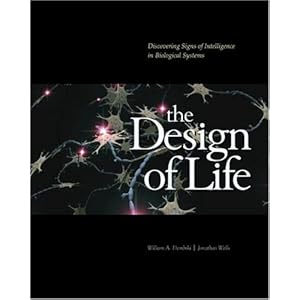Mathematics, Science, and Darwinian Speculation
Darwinists are drunks looking for their keys under a lamppost, when their keys are not even in the same neighborhood as the lamppost. Math represents the most rigorous of all the sciences. Without a logical and clearly defined proof, nothing in mathematics is taken seriously. This is in direct contradiction to Darwinism, which proposes an unlimited universe of thoroughly unsubstantiated speculation, none of which is subject to any rigorous analytical scrutiny. Yet, we are told that anyone who even questions this unlimited universe of unsubstantiated speculation is “an enemy of science.” The reverse is precisely the case. Darwinism is the quintessential enemy of science. Science is the pursuit of knowledge about the way things really are, and when logic, evidence, Read More ›


 Will Provine, history of biology prof, has
Will Provine, history of biology prof, has 

